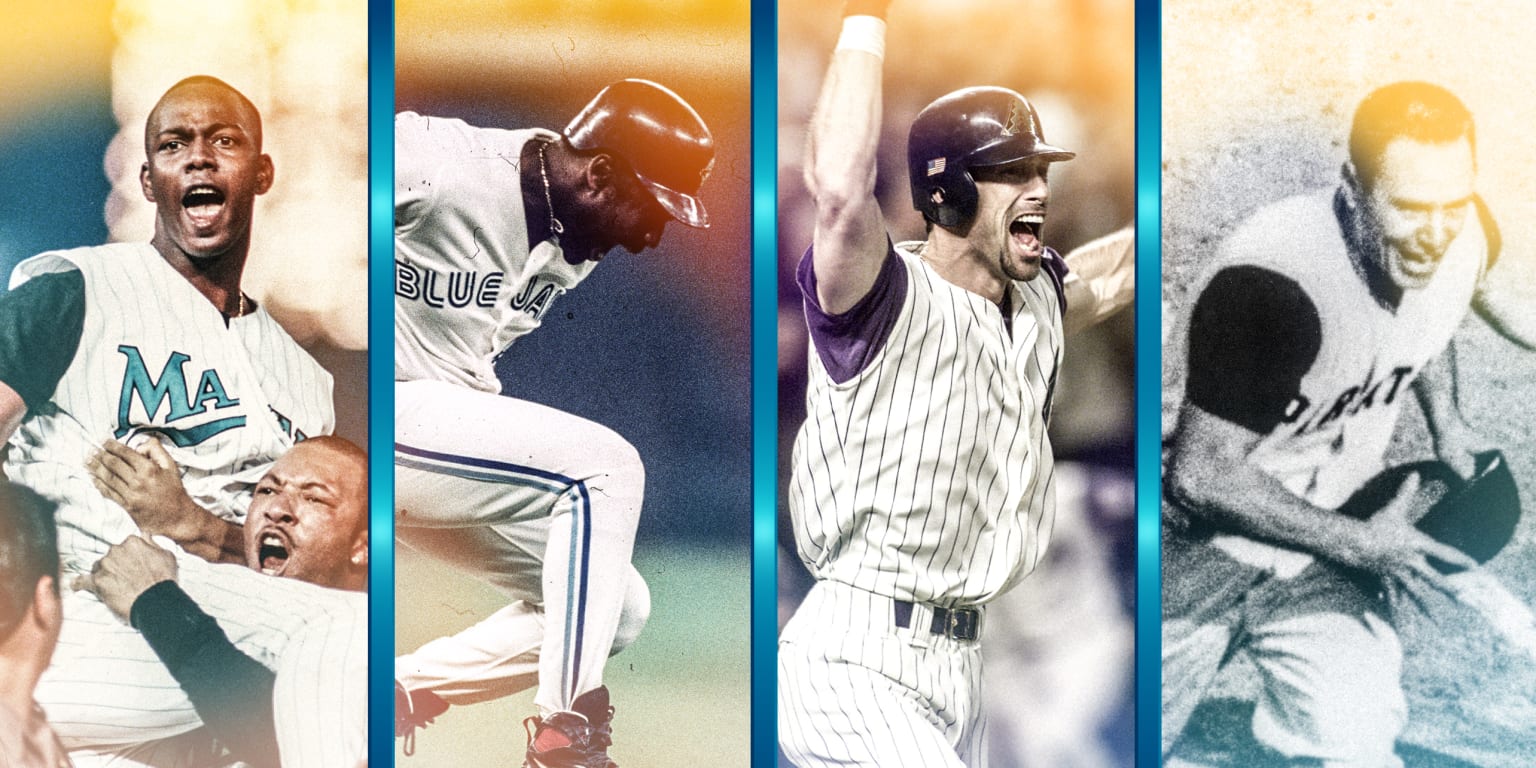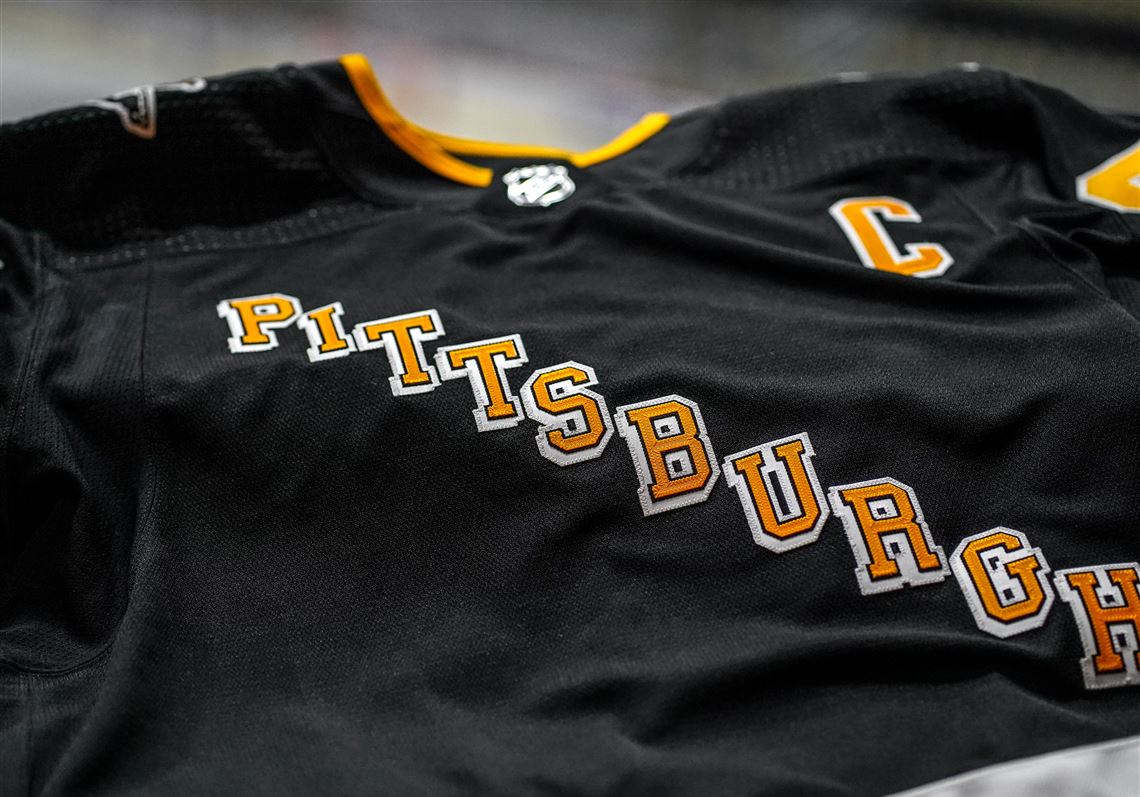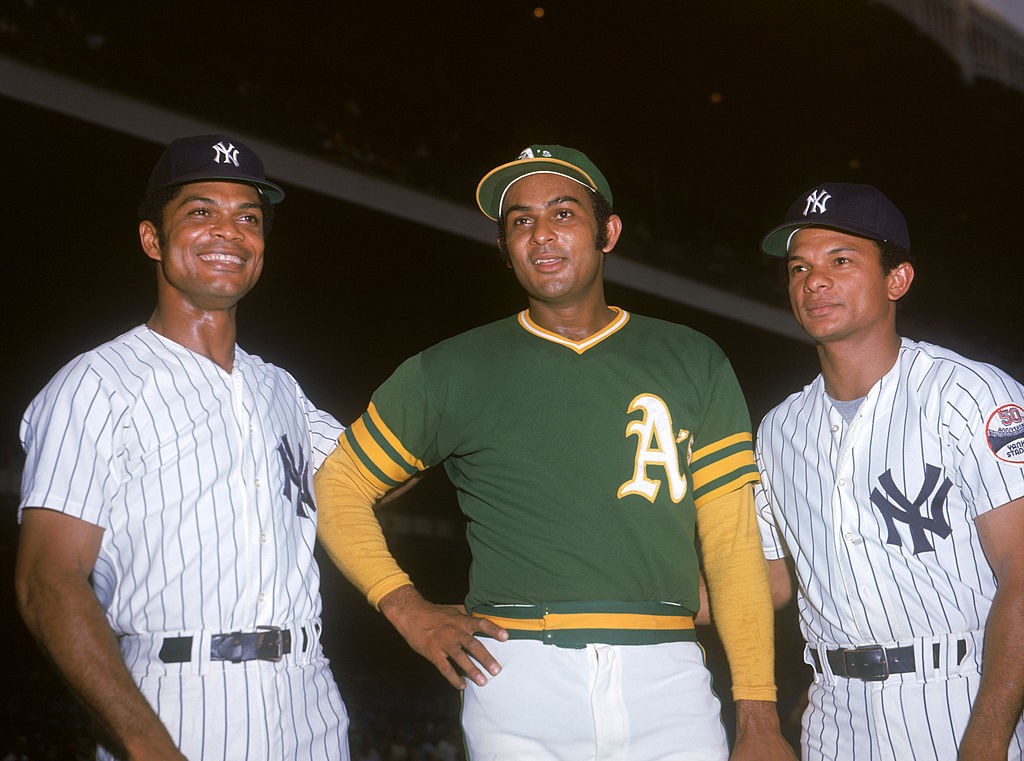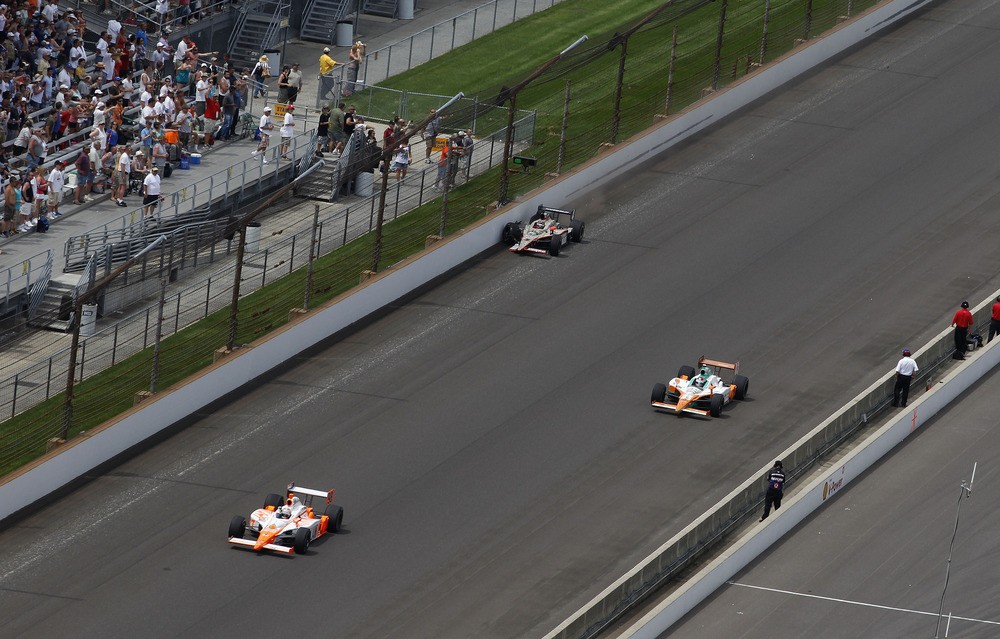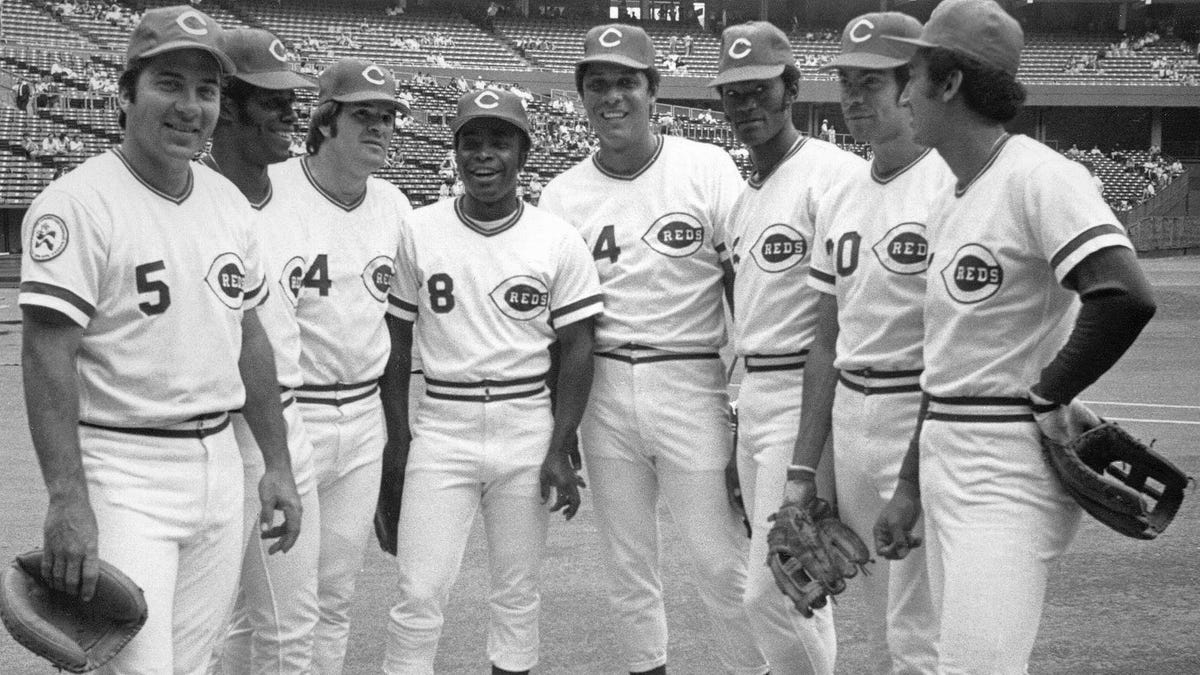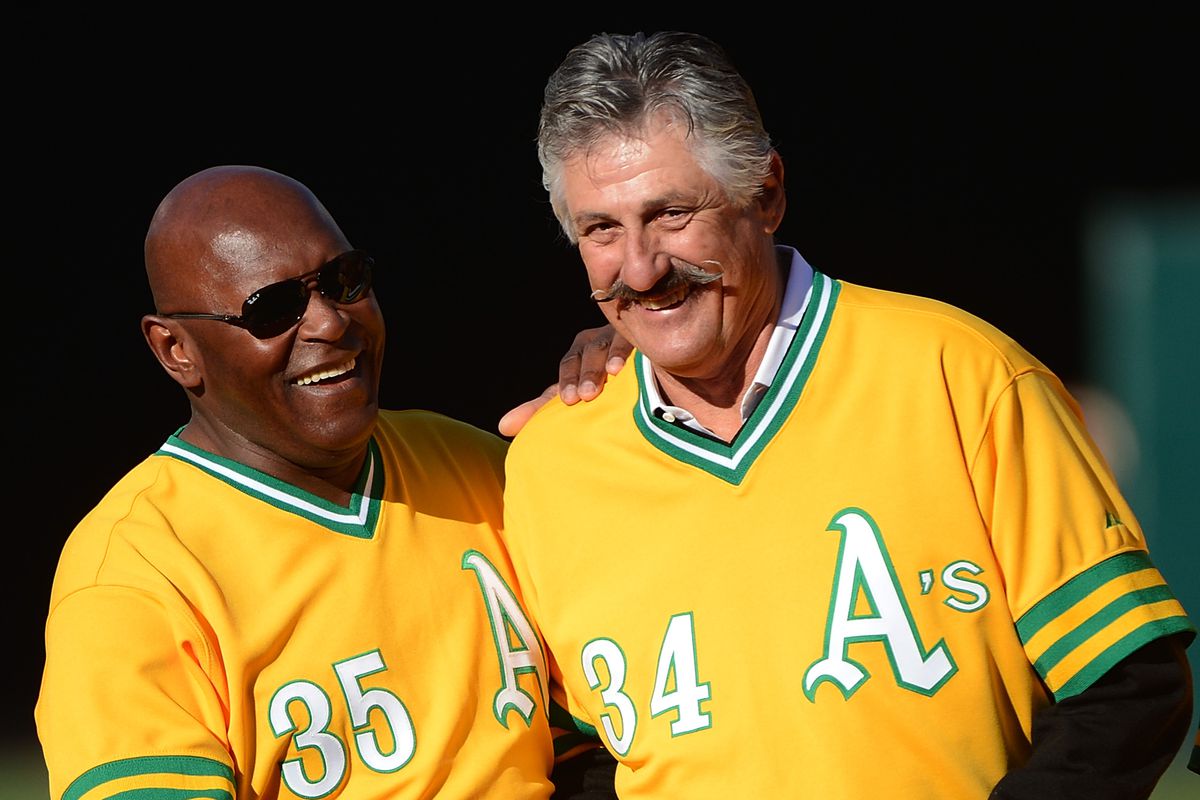In baseball, a walk-off home run is one that is hit in the bottom of the final inning to give the home team the lead [and, consequently, the win]. Today we feature four of the most famous of all time. All were hit in October and each ended a World Series game.
On this date in 1960, the New York Yankees visited Forbes Field in Pittsburg to play the Pirates in the seventh and deciding game of the Fall Classic. Entering Game 7, Pittsburg had been outscored 46-17, yet the Series was tied at three games apiece. William Stanley Mazerowski played second base for the Pirates. He had signed with Pittsburg as a 17-year-old shortstop from Warren Consolidated High School in Tiltonsville, Ohio, and by his 20th birthday was the Pirates regular second baseman. “Maz” was a superb fielder. In 1960, he led both leagues in putouts, assists, double plays and fielding percentage by a second baseman. Mazerowski was a seven-time All-Star, won eight Gold Gloves and had a career fielding percentage of .983. He was not known for his bat. In 151 games during the 1960 season, he batted .273 and hit 11 home runs.
After spotting Pittsburg an early 4-0 lead, the Yankees climbed back on top, 7-4, in the top of the eighth inning. The Pirates came roaring back with five runs of their own to take a 9-7 lead into the ninth. Pittsburg skipper Danny Murtaugh brought Bob Friend in from the pen to get the last three outs of the game. Instead, Friend gave up two and the Yanks tied the game. Right hander Ralph Terry returned to the mound for New York in the bottom on the ninth. Terry, who had started and lost Game 4 at Yankee Stadium, had come on in relief to gather the final out of the eighth inning. The first batter he faced was Bill Mazerowski, who was hitting in the eighth spot in the lineup. With a count of one ball and no strikes, the Pirates’ second baseman smashed a fastball over the left field wall, ending the contest and giving the Pirates their first world championship since 1925. It remains the only Game 7 walk-off homer in World Series history. Bill Mazerowski played 17 big league seasons—all with Pittsburg—and was inducted into the Baseball Hall of Fame in 2001.
Joseph Christopher Carter was born in Oklahoma City March 7,1960. After being named 1981 College Player of the Year as an outfielder at Wichita State, the Chicago Cubs made him the second pick of the 1981 MLB Draft, three spots ahead of Matt Williams. Following stops in Cleveland and San Diego, Carter was traded to Toronto where his game-winning single clinched the AL East for the Blue Jays in 1991. The following year, he clubbed two home runs to help Toronto win the 1992 World Series, the first championship in franchise history. The Jays returned to the Fall Classic in 1993, where they faced the National League champion Philadelphia Phillies. After Curt Schilling shut out Toronto in Game 5, the Jays clung to a 3-2 Series lead as they headed home for Game 6. The 52,195 fans in Toronto’s SkyDome screamed their approval as the Jays jumped to a 5-1 lead after six innings. Philadelphia put up five runs of their own in the top of the seventh to take a 6-5 lead before sending closer Mitch Williams on to pitch the bottom of the ninth. “Wild Thing” walked leadoff batter Ricky Henderson, retired Devon White on a fly out and gave up a single to Paul Molitor that moved Henderson to second. Carter, who was batting in the cleanup spot, came up next. The five-time All-Star had hit 33 homers and had driven in 121 runs during the regular season but was batting only .250 in the Series and was hitless in four career at-bats against the hard-throwing Williams. After working the count to two balls and two strikes, Carter blasted the lefthander’s fifth pitch deep down the left field line for a three-run homer, prompting Blue Jays radio announcer to exclaim, “Touch ‘em all, Joe! You’ve never hit a bigger home run in your life!” It was the second and [to date] last World Series-winning walk-off homer in history, and came 33 years after Maz’s dramatic shot that beat the Yankees in 1960. In 2015, Joe Carter was elected as one of the four greatest players in Toronto Blue Jays’ history.
Kirby Puckett was born exactly one week after Joe Carter. He grew up in Chicago and made his major league debut for the Minnesota Twins 21 games into the 1984 season. In 1987, the 27-year-old Puckett batted .332 with 28 homers and 99 RBI to help lead the Twins to their first-ever World Series title. Two seasons later, he won his fourth consecutive Gold Glove along with the 1989 AL batting title. A ten-time All-Star and six-time Silver Slugger Award winner, Puckett would go on to become the best player ever to wear a Twins uniform.
After batting .429 with two home runs and five RBI in the 1991 American League Championship Series, Puckett was named ALCS MVP while leading Minnesota to the World Series, where they would face the Atlanta Braves. Both teams has finished last in their respective leagues the previous year, the first time that had occurred in World Series history. It would become one of the best Fall Classics ever played, as four games were decided on the final pitch and three went into extra innings. Going into Game 6 at the Metrodome in Minneapolis, the Twins trailed three games to two and faced elimination. In the bottom of the first inning, Puckett tripled to give the Twins a 1-0 lead. In the third, the six-time Gold Glove winner scaled the outfield wall to rob Ron Gant of an extra base hit. The Braves scored once in the top of the seventh to tie the game at three apiece, and it remained that way through the tenth inning. After being held scoreless in the top of the 11th, Braves manager Bobby Cox sent Game One starter Charlie Leibrandt to face Puckett, who was leading off the inning. Puckett took the first three pitches and with a 2-1 count, launched the next pitch into the left-center field seats for a game-winning home run that forced a Game 7. Jack Buck [Daily Dose, 2/17/16], who was calling the game for CBS television, famously said, “And we’ll see you tomorrow night!” Minnesota would go on to win Game 7, 1-0, behind Jack Morris’ complete game shutout. A statue depicting Mr. Puckett’s dramatic home run sits outside Gate 34 at the Twins’ new home, Target Field. Kirby Puckett was inducted into the Baseball Hall of Fame in 2001.
Kirk Harold Gibson was a record-setting All-American wide receiver for Michigan State. He was lesser known as an outfielder for the Spartans baseball team. In 1978, he was drafted by the Detroit Tigers and St. Louis [now Arizona] Cardinals but chose baseball. Following a season-and-a-half in the Tigers minor league system, “Gibby” made his debut against the New York Yankees September 8, 1979. Five years later, the 6’3”, 215 rightfielder was named MVP of the 1984 ALCS after batting .417 and leading Detroit to a three-game sweep of the Kansas City Royals. In the 1984 World Series, Gibson hit two home runs, including a three-run shot off Goose Gossage [Daily Dose, 8/8/16] that landed in the upper deck of Tiger Stadium and clinched Detroit’s first World Series championship since 1968. Gibby joined the Los Angeles Dodgers as a free agent in 1988 and hit 25 homers while stealing 31 bases. He led the Dodgers to the National League title and was named league MVP.
Gibson injured both legs in the 1988 NLC and was not expected to play in the World Series, where Los Angeles would face the heavily-favored Oakland A’s. In Game One at Dodger Stadium, A’s closer Dennis Eckersley came on to pitch the ninth inning and close out the game for starter Dave Stewart, who left with a 4-3 lead. Eckersley was the best relief pitcher in baseball, having led the AL in saves and been named MVP of the 1988 ALCS after earning four straight saves for Oakland. “Eck” swiftly retired the first two Dodgers he faced before walking Mike Davis on five pitches. Trailing 4-3, and with two outs in the bottom of the ninth inning, Dodgers manager Tommy Lasorda sent Gibson to pinch hit for Alejandro Pena. Gibby hobbled to the plate to face Eckersley, who threw two quick strikes to get ahead in the count. Gibson then took two balls and fouled the next pitch off to even the count at 2-2. On the seventh pitch of the at-bat, he took an awkward swing at a backdoor slider and knocked it over the right field fence to win the game, 5-4. Gibson would never bat again in the Series, and his hit marked the first time that a World Series game ended with a come-from-behind home run.
The term “walk-off” to describe a home run that ends a game was first used by Dennis Eckersley, who coined the phrase in April 1988, six months before Kirk Gibson’s World Series blast. Mr. Eckersley was elected to the Baseball Hall of Fame in 2004.
Today’s Daily Dose Question: What do you think is the most dramatic walk-off home run in baseball history?

